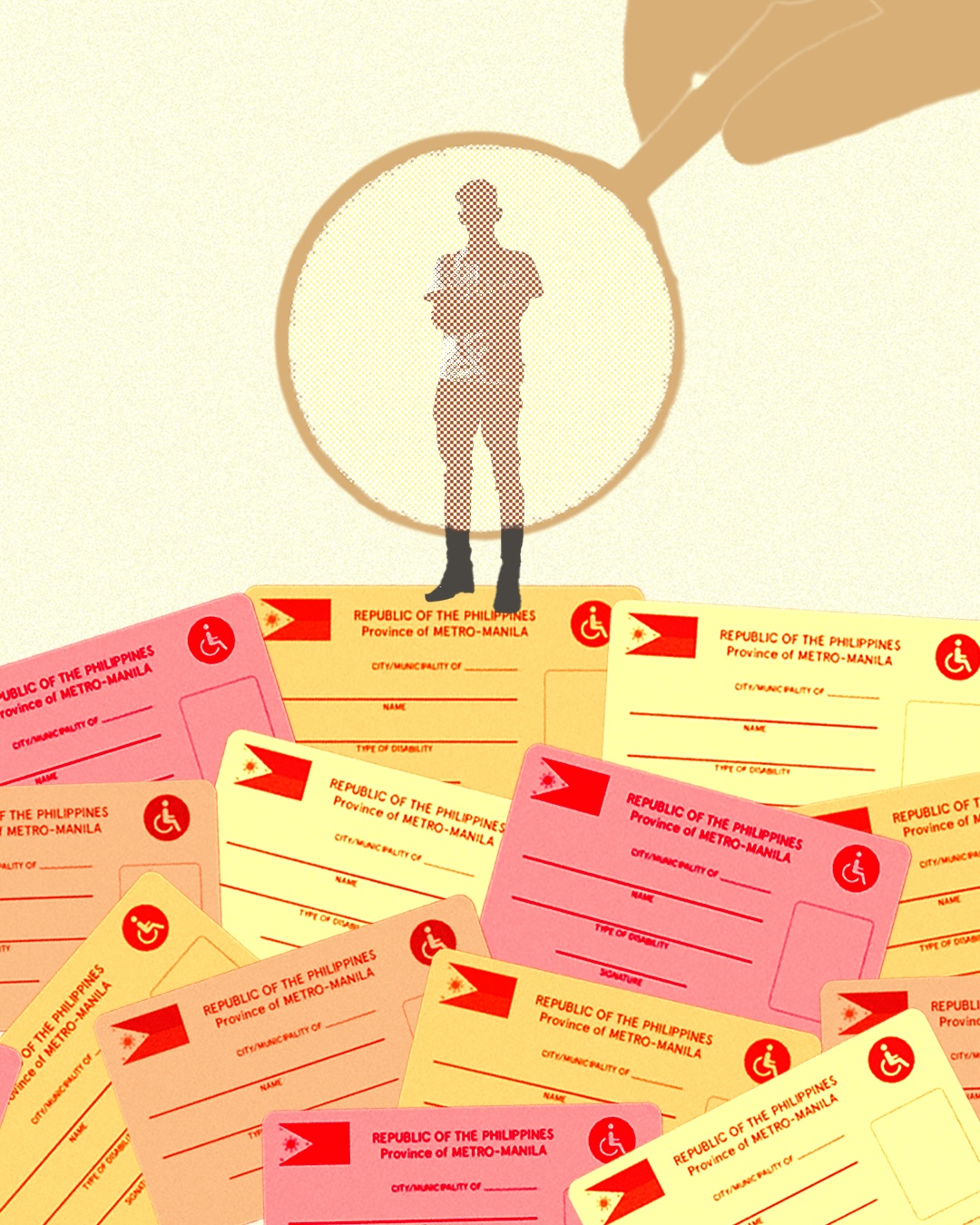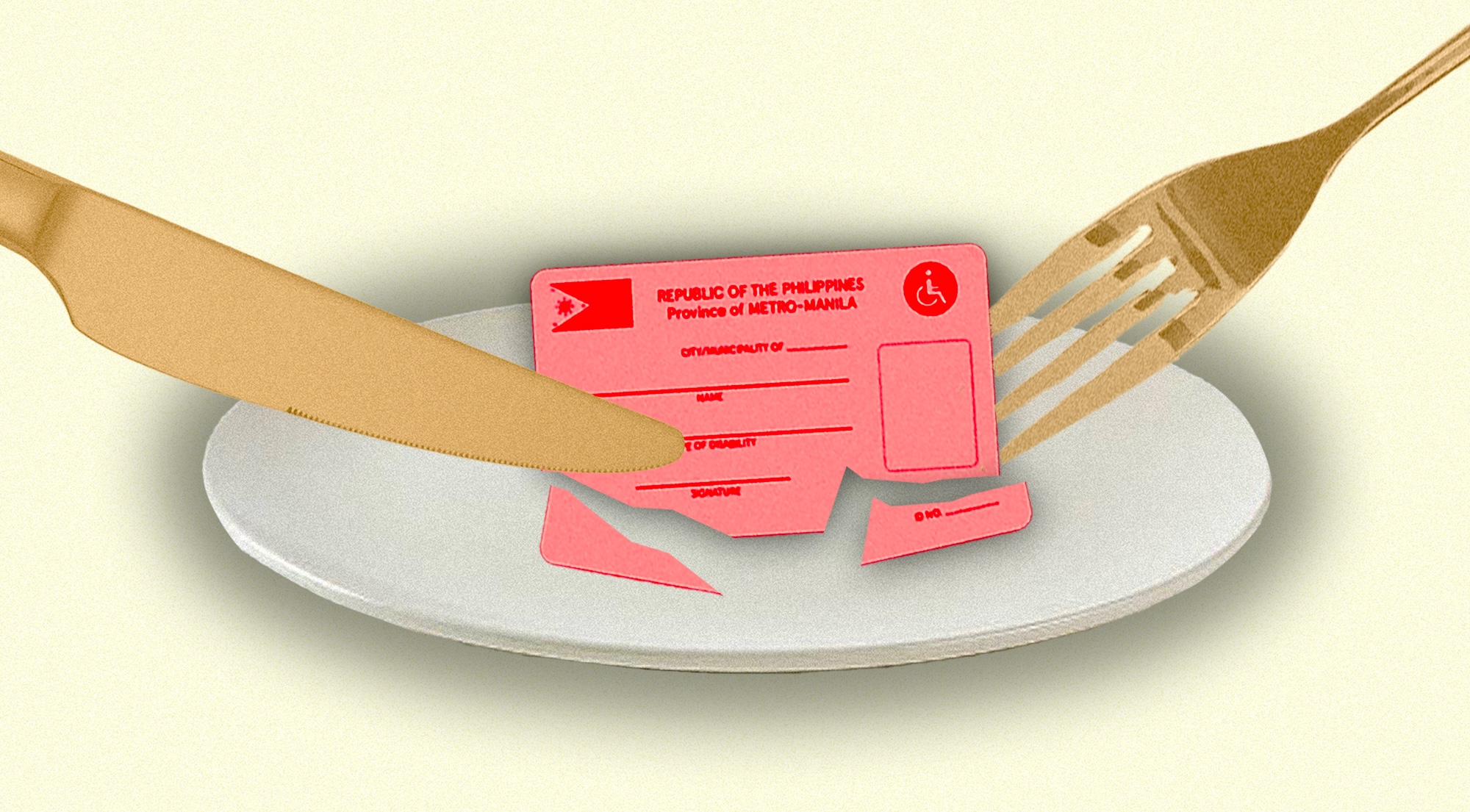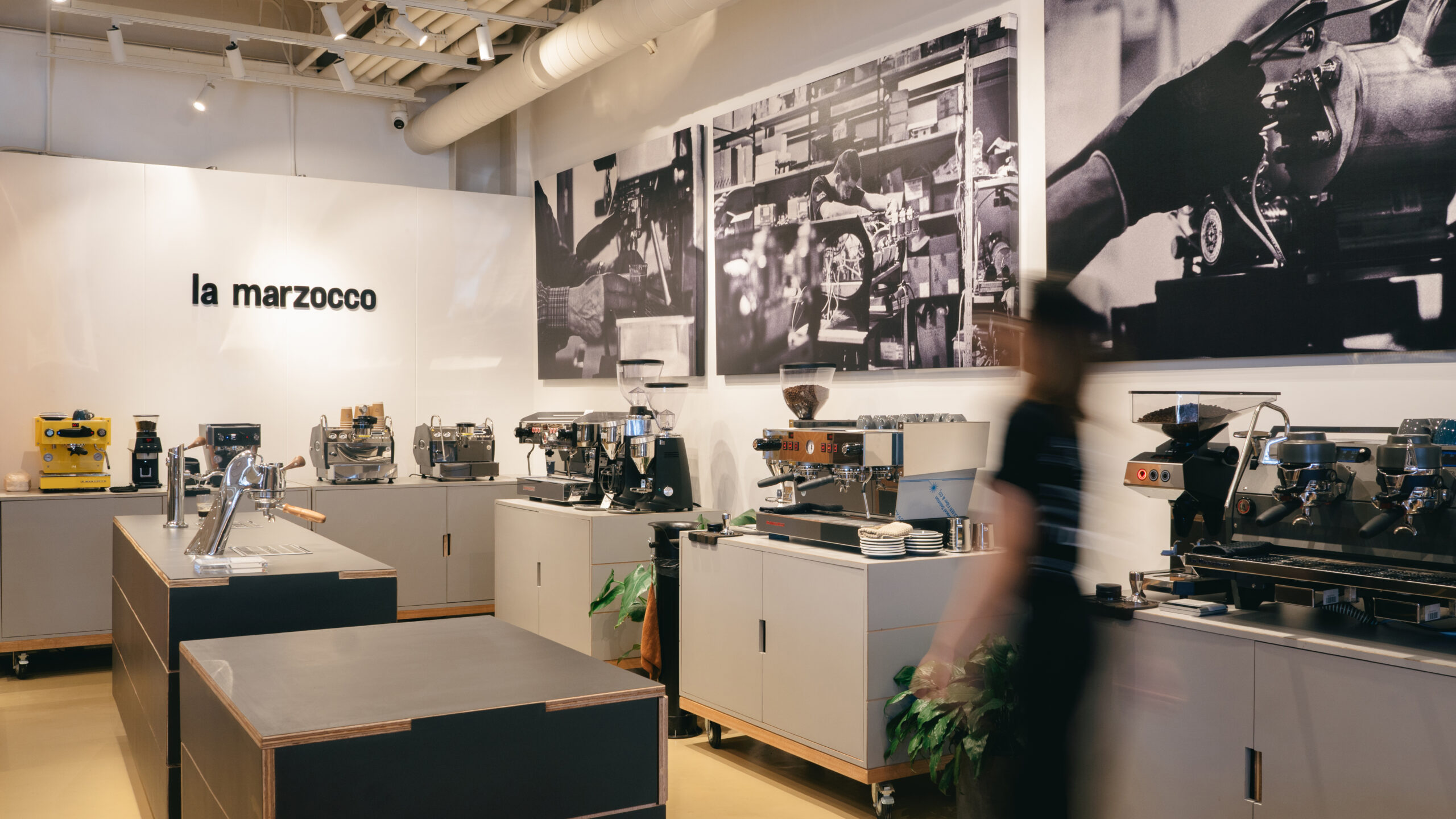Running a restaurant comes with its fair share of challenges—from managing staff to ensuring customer satisfaction. But other than that, navigating PWD (Persons with Disabilities) and senior discounts presents another layer of complexity.
While these discounts are designed to support those in need, and to ease their financial burden (given that these cardholders often have large expenses of their own for their condition/s), the unfortunate rise of individuals abusing the system have become a growing concern in the industry.
Fake PWD cards add financial strain on businesses as the discounts eat at their profit margins
Fake PWD cards, in particular, are the culprit. They add financial strain on businesses as the discounts eat at their profit margins. This is why many restaurant owners are clamoring for fairer policies, strict enforcement, and support from the government to create a win-win situation for both them and the PWD and senior cardholders.
In this article, David Sison—CEO and co-founder of Mama Lou’s Group Holdings, Inc. and president of The Restaurant Owners of the Philippines (RestoPH)—sets the record straight on how businesses can navigate the process of giving discounts while addressing the prevalent issue on fake PWD cards.
The law behind PWD and senior discounts

But who exactly qualifies for these benefits? Philippine law defines PWDs as “those who have long-term physical, mental, intellectual or sensory impairments which in interaction with various barriers may hinder their full and effective participation in society on an equal basis with others.” On the other hand, senior citizens are classified as “any resident of the Philippines at least sixty (60) years old.”
And to understand just how these discounts work, it’s important to look at the laws behind it. “In the Philippines, the Senior Citizen Act (RA 9994) and the Magna Carta for Disabled Persons (RA 9442) mandate a 20 percent discount and a value-added tax (VAT) exemption for senior citizens and persons with disabilities (PWDs) on food and beverages,” Sison begins.
Said discount is computed based on what the cardholder consumes, excluding any service charge and other fees. This also extends to dine-in, takeout, and delivery orders—provided the order is for personal consumption and made directly with the establishment.
“The only tax relief given to businesses is the ability to deduct the discount as a deductible expense when computing taxable income, but this does not fully compensate for the revenue loss,” explains Mama Lou’s co-founder and RestoPH president David Sison
So if a group of four dines together and only one person is eligible for the discount, the deduction is calculated based on the items that one person specifically consumed. What’s more, the senior citizen or PWD must present a valid government-issued ID to avail of the discount.
In an ideal scenario, these discounts are reimbursed or subsidized by the government, but according to Sison, this isn’t the case for the F&B industry.
“The only tax relief given to businesses is the ability to deduct the discount as a deductible expense when computing taxable income, but this does not fully compensate for the revenue loss,” he explains.

“Restaurants must fully absorb the cost of these discounts. They are fully responsible for providing the discount, meaning the revenue loss directly impacts their margins. This has been a point of advocacy for restaurant owners, as the policy disproportionately affects businesses, especially small to medium enterprises (SMEs).”
“Small businesses feel the impact more acutely than large chains because they operate on thinner margins and have less financial cushion,” he explains. “Unlike big chains that can absorb the loss through volume sales, smaller restaurants may struggle to stay profitable when a significant portion of their sales is discounted.”
How fake PWD cards negatively affect businesses

While the policy on PWD cards and senior discounts is aimed at inclusivity, it has unfortunately become vulnerable to abuse—no thanks to taking advantage of these discounts fraudulently. After all, the prevalence of fake PWD cards can hurt the industry.
“The issue is widespread, with cases reported across various establishments. Fake PWD cards are easily obtained online or through corrupt local offices,” Sison explains.
He goes on to add that a fake PWD card can be three things: a card issued under false pretenses to an individual who is not legally a PWD, a duplicate, altered, or counterfeit card, or even a genuine card that is misused by someone else.
“While there are no exact national figures, anecdotal reports and internal restaurant data suggest that fake PWD cards are a growing issue,” Sison emphasizes. “Many restaurants report that a significant percentage of PWD discounts granted may have been claimed fraudulently.”
“While there are no exact national figures, anecdotal reports and internal restaurant data suggest that fake PWD cards are a growing issue. Many restaurants report that a significant percentage of PWD discounts granted may have been claimed fraudulently”
“Some industry estimates suggest that PWD discounts have increased disproportionately, with many restaurants seeing up to 10 to 15 percent of their daily sales affected by PWD and senior discounts,” he continues. “Given the industry’s tight margins, this is a substantial burden—especially when compounded by fraudulent claims.”
More than financial loss, the use of fake PWDs can affect businesses negatively. For one thing, refusing the discount can “lead to customer complaints, negative reviews, or even legal threats.”
Plus, given how fake PWD cards are rampant, verifying them can be difficult, as “staff must verify documents, causing longer transaction times and potential conflict with customers,” along with a lack of government support because there are no direct subsidies or reimbursements.
“Some industry estimates suggest that PWD discounts have increased disproportionately, with many restaurants seeing up to 10 to 15 percent of their daily sales affected by PWD and senior discounts. Given the industry’s tight margins, this is a substantial burden—especially when compounded by fraudulent claims”
“Additionally, independent operators may lack the legal and operational resources to contest fraudulent claims effectively,” he laments.
But have restaurants tried taking action against customers who allegedly use fake PWDs? “Some restaurants have refused discounts on highly suspicious claims or have called out customers attempting fraud,” the restaurateur admits. “However, this can lead to customer disputes, online backlash, or even legal complaints.”
“Some businesses have reported cases to LGUs, but enforcement is weak. Most restaurants simply absorb the loss rather than risk confrontation.”
Fake PWD cards? We need a better system

With more restaurant owners clamoring for fairer policies, stricter enforcement, and support from the government, Sison—on behalf of Resto PH—has been in talks with relevant government agencies on how to navigate the issue.
“Some measures being discussed include creating a centralized digital registry of PWDs for easier verification, exploring tax breaks or government reimbursements to ease the financial burden, and strengthening penalties for fake PWD claims,” Sison shares.
Beyond that, Sison emphasizes the need to address the root of the problem—the fake PWD cards that are issued by corrupt offices.
“We at Resto PH call for stricter qualification requirements [that ensure] only those with legitimate disabilities receive PWD cards; transparency in issuance, through publishing reports on how many PWD cards are issued and for what conditions; and consumer accountability, wherein customers [are encouraged] to self-regulate and avoid fraudulent claims,” he states.
“Some measures being discussed include creating a centralized digital registry of PWDs for easier verification, exploring tax breaks or government reimbursements to ease the financial burden, and strengthening penalties for fake PWD claims,” Sison shares
“Government subsidy or reimbursement, similar to how value-added tax (VAT) refunds work and limiting discounts per transaction to prevent excessive abuse,” he adds. “And having non-monetary benefits like offering priority seating, dedicated service, or exclusive menu items rather than heavy discounts, along with partnering with nongovernment organizations or corporate sponsors to share the cost of PWD-friendly programs. Those would really help us.”
In the meantime, restaurant owners themselves can work around this by enforcing strict measures that safeguard their business, while giving the much-needed discounts to senior citizens and PWDs.
How? Through strict verification, digital tracking, education, and cross checking.
Measures like “mandatory digital verification [through the use of] QR codes or biometric verification for PWD cards, stricter issuance and monitoring of PWD IDs by the government, having a reporting system, or a hotline for businesses to report suspicious claims, and raising awareness about how fake PWD claims hurt businesses” are just as important
“Require a valid government ID along with the PWD card,” Sison advises. “Implement point of sale systems that log PWD transactions to track suspicious trends, train your staff on how to handle verification with sensitivity and professionalism, and work with local government units to access a national registry of PWDs for verification.”
These days, however, businesses require the presence of the cardholder before giving the discount, or the presence of an authorization letter in case a proxy will be claiming the order on the cardholder’s behalf. But even so, this may not work fully against fake PWD cards, especially those issued through corrupt offices or fixers.
This is why measures like “mandatory digital verification [through the use of] QR codes or biometric verification for PWD cards, stricter issuance and monitoring of PWD IDs by the government, having a reporting system, or a hotline for businesses to report suspicious claims, and raising awareness about how fake PWD claims hurt businesses” are just as important.
What customers can do to help

More than a joint effort between the F&B industry and government, the fight against fake PWD cards can only be truly effective with the help of the customers themselves.
While it can be tempting to save on a few pesos, it’s important to note that abusing the system compromises the integrity of the policy, puts an unfair strain on businesses, and negatively affects legitimate PWD and senior cardholders—who already face significant financial challenges—by undermining the resources meant to support them.
“Be honest. Don’t abuse discount privileges,” Sison says simply. “You can also support fair policies by advocating for reforms that help both consumers and businesses, choosing ethical businesses and patronizing restaurants that support genuine accessibility initiatives.”
“While restaurants remain committed to inclusivity and accessibility, systemic reforms are needed to ensure that discounts genuinely help those who need them while keeping businesses sustainable,” he ends.













































